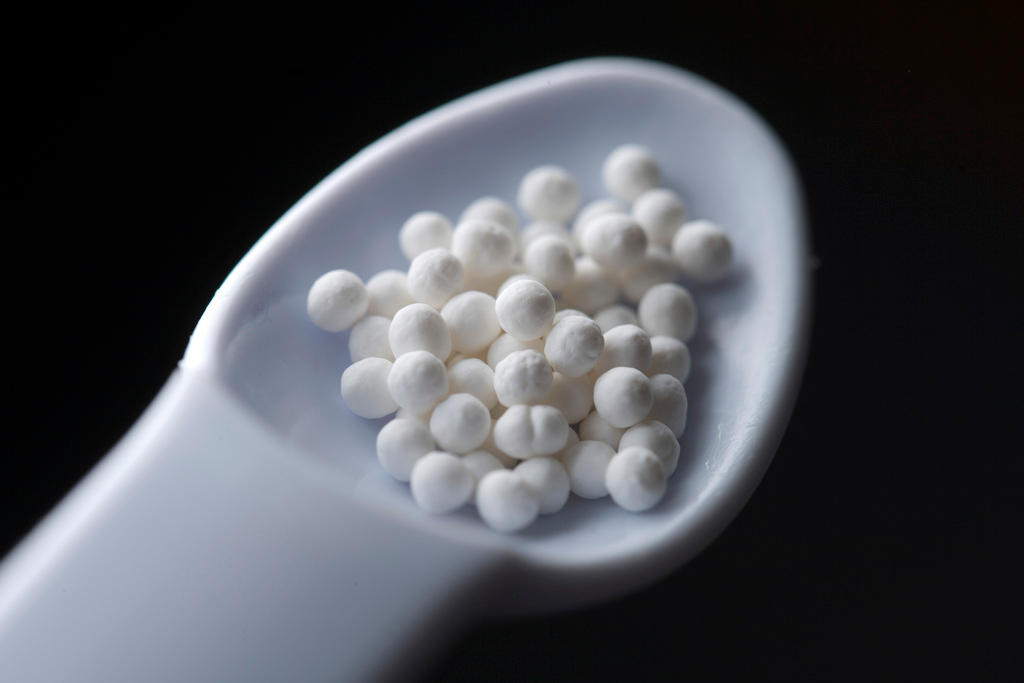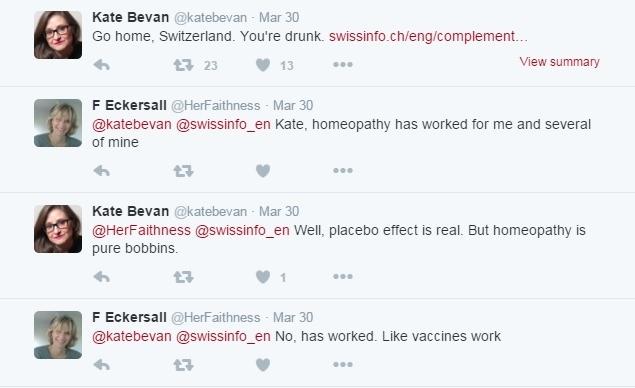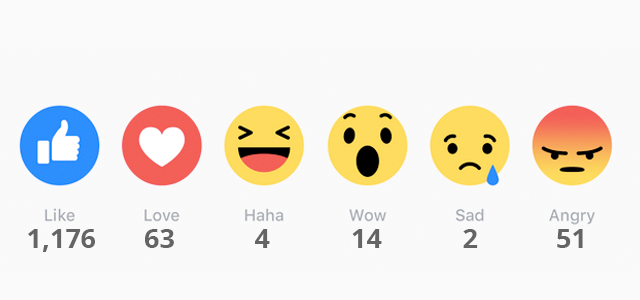Opinion split on effectiveness of alternative medicines

Complementary and alternative medicines will be given the same status as conventional medicine in Switzerland – a decision that’s caused passionate debate among our readers and fans on social media.
While many argued alternative therapies could never be anything more than a placebo, others argued their personal experience showed complementary treatments deserved the change in status.
The background
As a result of a public vote in 2009, treatments including homeopathy, holistic medicine, herbal medicine, acupuncture and traditional Chinese medicine have been covered by basic compulsory insurance as part of six-year trial period that started in 2012 and was set to run to 2017.
However, they were all required to prove their “efficacy, cost-effectiveness and suitability” by the end of the trial. In a statementExternal link released on March 29, the interior ministry said it was “impossible to provide such proof for these disciplines in their entirety”. They will thus be treated on a par with other medical disciplines, when it comes to health insurance.
Twitter reacts
Between March 30 and April 5, there were 951 tweets or retweets containing the words ‘homeopathy‘ and ‘Swiss‘, many linking to our news story, and many containing a similar sentiment to this one.
Despite acknowledging its poor evidence base the Swiss gov has now put #homeopathyExternal link on a par w real medicine https://t.co/ebThM3JB5yExternal link
— Jo Brodie (@JoBrodie) April 1, 2016External link
Or this.
Sad day for science & common sense as Swiss govt ignores evidence & recognises homeopathy as legitimate medicine https://t.co/2Cr8OIvIcWExternal link
— Des de Moor (@desdemoor) April 1, 2016External link
And there were plenty of discussions along these lines.

A smaller group of people were concerned about the effect the move would have on animal rights.
@savetherhinoExternal link Swiss to grant traditional Chinese medicine same level as conventional medicine? Bad news for wildlifehttps://t.co/XjiN5jaswjExternal link
— Eyes Open Wild (@GeorgeMWME) March 30, 2016External link
But not all of the reaction was negative. There were almost as many tweets applauding the move to cover treatments such as homeopathy, holistic medicine, herbal medicine, acupuncture and traditional Chinese medicine on the basic compulsory health insurance.
It appears that the independent Swiss don't give in to pressure from #BigPharmaExternal link! #homeopathyExternal link #healthExternal link #medicineExternal link https://t.co/lNeJ5H1MGlExternal link
— Nicky Kyle Gardening (@nickykylegarden) April 3, 2016External link
Reactions based on experience
Over on the English-language section of our Facebook pageExternal link, the news stirred an emotional reaction among our fans, with many choosing to either ‘love’ the news or show their anger about it, by clicking on Facebook’s emotion emojis, as illustrated below.

The discussion deepened as people shared personal experiences on Facebook, other social media platforms and on our site.
“Good. I know homeopathy works. If it’s down to the placebo effect, that’s fine with me, too. Because placebo effects have been proven to work a great deal more often than so-called ‘chemical medication’. Who is to say that they don’t work as well (as badly) as they do because of the placebo effect?” (Margret, in English).
“I’ve used homeopathy several times on small children, who cannot be influenced, and it’s always worked. I also use only homeopathy for my allergy and it’s much better.” (Claudia, in Italian).
“If it’s down to the placebo effect, that’s fine with me.”
“I was actually in CH (Switzerland) with a huge sinus infection. I had meds from Canada but had a terrible reaction to them. My friend (who is a nurse) brought me to the pharmacy where we bought a homeopathic sinus remedy. It worked!! That’s my experience with it and I loved it. I also use an all-natural product to help me sleep occasionally and it’s fantastic!!” (Barbara, in English).
The news didn’t ignite such a strong response as in English, but opinion was also divided on our post on the Chinese social network, Wechat, where one commentator said, “My chronic illness was cured by traditional Chinese medicine. It’s a godsend.” (Username: 蓝调 Blues).
Another commented that the change in policy might raise the overall standard of traditional Chinese medicine. “I read the news and hope that it will lead to tighter controls on Chinese medicine so that more people can benefit from good treatment. At the same time, it can prevent bad practitioners from ruining the reputation of Chinese medicine. (Username: Paris-鹏).
Freedom to choose
Some commenters reasoned that they were happy for other people to use alternative medicines if it worked for them, even though they remained personally unconvinced of its effectiveness. They supported the choice that the change in status will give people.
“I will also note that a LOT of people swear by homeopathy, including many folks that I highly respect. Many practitioners are integrative and are able to reliably produce results. This may simply be a function of the placebo effect, but I’m unconvinced…I think it’s more than fine to use homeopathy if you feel that it works for you. But I’d consider it incredibly unwise to treat serious conditions with homeopathy alone.” (Erik, in English).
“Freedom of choice – especially where health is concerned is a must! Lucky Swiss….” (Lynne, in English).
No scientific basis
There were also many people responding on our Facebook page and website who were angered by the decision to include complementary therapies alongside standard medicine in terms of insurance coverage in Switzerland.
“It’s a con! It’s a placebo with a natural/healthy sounding name. If you have headache and take a [homeopathic] pill and go to bed, and in the morning you’re fine, you’ll say it’s thanks to homeopathy. In fact it’s purely because you slept well. There’s nothing wrong with that, but to have it covered by health insurance … no way.” (Cinzia, in Italian).
” Their ineffectiveness has been repeatedly proven over decades.”
“Absolutely scandalous! Literally all scientific research on homeopathy came to the result that this kind of occult method of the 18th Century was not more efficient than any placebo. I am for alternative medicine, but methods that are scientifically approved. The acceptance of homeopathy brings in fact prejudice to them.” (Katharina, in English).
“The cabinet wants to put alternative treatments on the same level as other disciplines, even though it cannot be proven that they are effective. This formulation sugar-coats [the facts], not just because proof of efficacy is missing, but because their ineffectiveness has been repeatedly proven over decades, with few exceptions.” (Lukas, in German).
“So in a show-down between science and democracy, democracy wins…I’m not sure whether this is good or bad. To think that people were up in arms about creationism being taught in a few private schools, and yet this passes without the batting of an eyelid!” (Username: Defiant, in English).
You can contact Jo Fahy, the author of this article on FacebookExternal link or TwitterExternal link.

In compliance with the JTI standards
More: SWI swissinfo.ch certified by the Journalism Trust Initiative













You can find an overview of ongoing debates with our journalists here . Please join us!
If you want to start a conversation about a topic raised in this article or want to report factual errors, email us at english@swissinfo.ch.